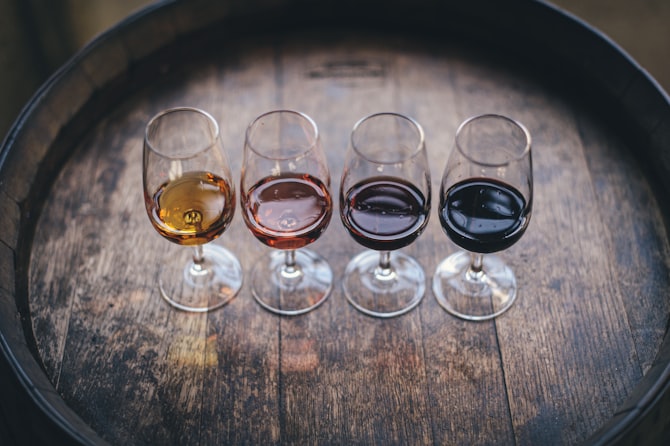Reyneke is the first Demeter certified biodynamic vineyard in South Africa. A clue to their inclination toward sustainable systems can be seen at the vineyard entrance where a sign proclaims “Please drive slowly, ducks chasing snails.” As if this is not enough of a fowl greeting, stepping out of your car will be met by loud proclamations by the vineyard’s many chickens. It really feels like a farm rather than a winery, and the owner Johan Reyneke appropriately calls himself a farmer rather than a winemaker. The setting could not be more beautiful, with Reyneke nestled between the mountains of the western cape of South Africa, in the Stellenbosch appellation.
The vineyard is currently in full bloom. That is, the cover crops between the budding vines are blooming. “We used grasses to build up the soil again when converting it from conventional to biodynamic farming,” explains Johan. Now, he chooses his cover crops depending on what the needs of the soils are - legume varieties to bind nitrogen (instead of conventional fertilizer), wild-sown dandelion to provide habitat for the mealybugs (which would otherwise inhabit the vines and spread leafroll virus), and many others for which I could not translate the Afrikaans names.
He understands that there are skeptics who find biodynamics too far “out there” but sees it more as a way to take organic farming one step further. “Conventional farming is all about making a profit. In organic farming you still have to make a profit but think about sustainability. A biodynamic farmer has to think about profit and sustainability but adds the desire to be self-sufficient, to create a self-regulating vineyard,” he says. “No-one has a monopoly on the truth, but for where I am right now, for an optimal lifestyle and quality, this works best for us.” His girls like to play in the vines or with the chickens, and Johan (who used to grow conventionally) sleeps better at night knowing no herbicides or pesticides are risking their health.
Try: The wines of Reyneke are in somewhat higher price categories. The basic range, Reyneke Organic, includes some purchased grapes and is a great starting point at a good value. The real “Reyneke experience” can be had in the extremely elegant, mineral Reyneke Reserve. The 2009 white, from 100% sauvignon blanc, has intensity and structure but not much of the typical green sauvignon blanc notes. This is a serious wine, fermented in wood (foudres) and matured in oak, and the best strategy would be to let it rest in the cellar for a few years before drinking.
Av: Erica Landin











